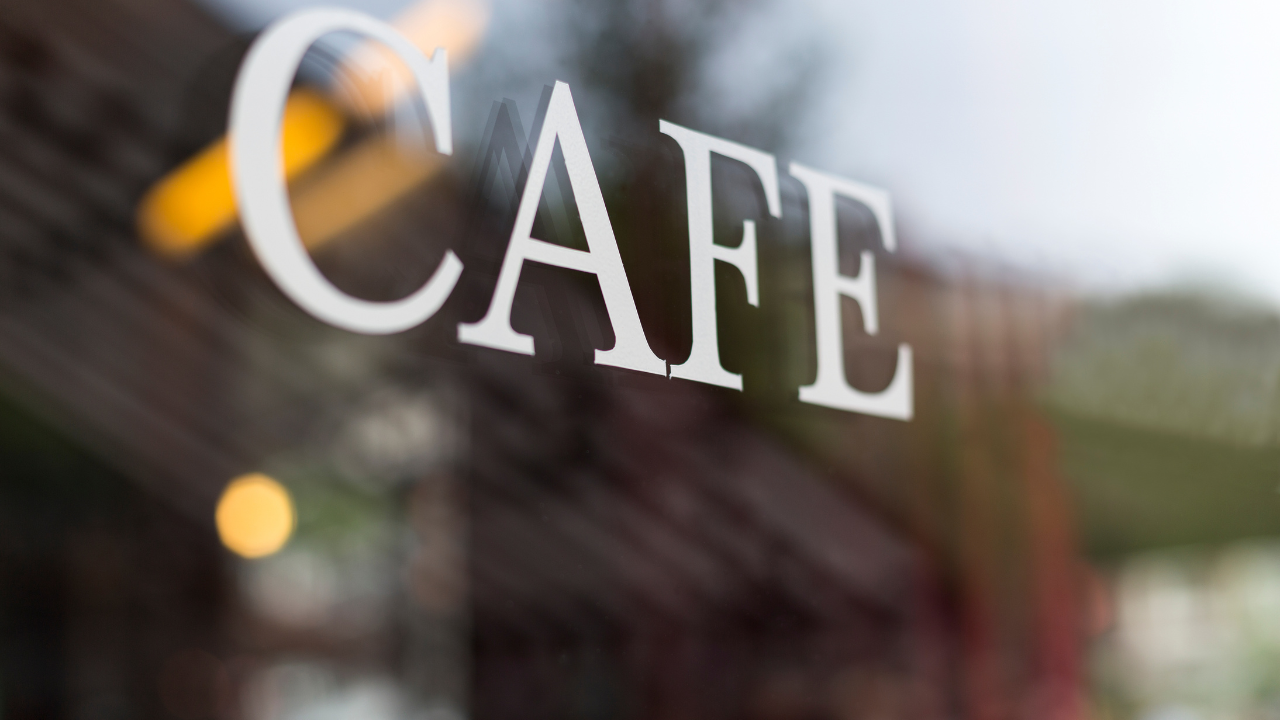
10 French Proverbs You Should Learn
Nov 15, 2024French proverbs offer a window into the culture, values, and humor of the French-speaking world. Not only do they add a splash of authenticity to your language skills, but they also reveal the rich layers of wisdom embedded in the French way of thinking. In this post, we’ll dive into ten timeless French proverbs that will not only expand your vocabulary but also give you insight into the French mindset. Ready to add some color to your conversations? Let’s go!
1. “Petit à petit, l’oiseau fait son nid.”
(Little by little, the bird makes its nest.)
This lovely proverb emphasizes the importance of patience and perseverance. Just like a bird slowly builds its nest one twig at a time, it reminds us that progress is made step by step. Learning French might feel overwhelming at times, but keep at it, and soon enough, you'll be fluent!
When to Use It: When you or someone else is working on a long-term goal. It’s perfect for offering encouragement to someone who’s feeling a bit impatient with their progress.
2. “Qui ne tente rien n’a rien.”
(Who risks nothing, gains nothing.)
Similar to the English proverb “Nothing ventured, nothing gained,” this one reminds us that without taking risks, we may never achieve our goals. Whether it’s learning a new language, starting a business, or simply asking someone out, a little courage can go a long way.
When to Use It: Whenever you or a friend is hesitating to take a leap. It’s a great way to remind them that sometimes, you have to go for it!
3. “Il n’y a pas de fumée sans feu.”
(There’s no smoke without fire.)
This proverb suggests that if there’s a rumor or suspicion about something, there might be some truth to it. Often used when discussing gossip, it’s a reminder to look deeper when something seems amiss.
When to Use It: In situations involving rumors or when something suspicious is going on. It’s a fun phrase to drop into a conversation about gossip or mysteries!
4. “Mieux vaut tard que jamais.”
(Better late than never.)
This is one of the most universally relatable proverbs. It’s all about valuing an effort, no matter how delayed it is. This phrase encourages a positive perspective even when things don’t go as planned.
When to Use It: When someone finally completes a task or shows up late but still puts in the effort. It’s perfect for those “better late than never” moments.
5. “L’habit ne fait pas le moine.”
(The clothing doesn’t make the monk.)
In English, we say, “Don’t judge a book by its cover.” This proverb speaks to the idea that appearances can be deceiving. Just because someone or something looks a certain way doesn’t mean it truly reflects their character or quality.
When to Use It: When advising someone not to make snap judgments based on appearance alone. It’s also a gentle reminder to look beyond the surface.
6. “Il vaut mieux prévenir que guérir.”
(It’s better to prevent than to cure.)
This is a French take on “An ounce of prevention is worth a pound of cure.” It encourages us to take preventive measures to avoid potential problems down the road. The French certainly value caution and planning!
When to Use It: When talking about taking precautions, whether for health, finances, or any other aspect of life. It’s a great way to emphasize the importance of being proactive.
7. “On ne change pas une équipe qui gagne.”
(Don’t change a winning team.)
This proverb is often used in sports, business, or any scenario where things are going well. It suggests that when something is working, it’s best not to make changes. Why risk a good thing?
When to Use It: When someone is considering a big change despite things going well as they are. It’s perfect for moments of hesitation about altering a successful approach.
8. “Après la pluie, le beau temps.”
(After the rain, good weather.)
Similar to “Every cloud has a silver lining,” this beautiful French proverb reminds us that hardships and challenges are often followed by better times. It’s a hopeful expression used to comfort those going through tough situations.
When to Use It: When someone is going through a rough patch. This proverb can offer a little bit of optimism and hope that better days are ahead.
9. “Chat échaudé craint l’eau froide.”
(A scalded cat fears cold water.)
This proverb speaks to the idea that once you’ve been hurt or disappointed, you become more cautious, even when the risk is small. It’s a reminder that past experiences can make us overly cautious or wary.
When to Use It: When someone is hesitant or overly cautious due to a previous bad experience. It’s a gentle way of acknowledging their caution while nudging them to take another chance.
10. “Les murs ont des oreilles.”
(The walls have ears.)
This one is used as a warning to be careful about what you say because someone might be listening. It reflects a sense of caution about sharing sensitive information in public or when others are around.
When to Use It: When talking about secrets or confidential information. It’s a playful way to remind someone to be discreet, especially in a social or professional setting.
How to Use French Proverbs in Conversation
Learning French proverbs isn’t just about memorizing words. It’s about understanding the culture and using these expressions to add depth and charm to your conversations. Here are some tips for incorporating proverbs naturally:
-
Practice in Context: Try to use each proverb in sentences that relate to your own life. For example, if you’re working on a big project, remind yourself, “Petit à petit, l’oiseau fait son nid.”
-
Listen to Native Speakers: Watching French movies or listening to French podcasts can help you hear these proverbs in action. French speakers use proverbs frequently, especially in storytelling and giving advice.
-
Write It Down: Keeping a journal or notebook for proverbs and their meanings can help reinforce your learning. Write down a situation where each proverb would apply, so you’ll remember it better.
-
Practice with Friends: If you’re learning with a friend or partner, try to incorporate proverbs into your practice conversations. It’s a fun way to test each other and see who remembers the most!
Why Learn French Proverbs?
French proverbs do more than add vocabulary; they provide a unique insight into French culture, humor, and values. By learning these proverbs, you’ll be able to add flair and authenticity to your conversations. Plus, you’ll connect better with native speakers, who will appreciate your effort to speak not just French, but French with a touch of wisdom.
Learning these ten French proverbs is a wonderful way to enhance your language skills and connect with the French-speaking world on a deeper level. Whether you’re navigating daily life, offering advice, or simply adding a splash of French culture to your day, these proverbs have you covered.
So, as the French say, Petit à petit, l’oiseau fait son nid. Keep at it, and you’ll soon have a collection of proverbs ready to impress in any conversation. Happy learning, and remember: Après la pluie, le beau temps! 🌞









